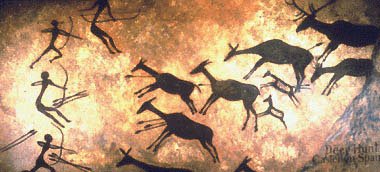
How long, O Lord? Will you forget me forever? How long will you hide your face from me? How long must I bear pain in my soul, and have sorrow in my heart all day long? How long shall my enemy be exalted over me? Consider and answer me, O Lord my God! Give light to my eyes, or I will sleep the sleep of death, and my enemy will say, "I have prevailed"; my foes will rejoice because I am shaken. But I trusted in your steadfast love; my heart shall rejoice in your salvation. I will sing to the Lord, because he has dealt bountifully with me. (Psalm 13)
In the summer at the beach I will happily tread water waiting for the perfect wave.
In other seasons and settings my wait is less enthusiastic and less attentive.
The perfect wave is a convergence of many influences.
I have no influence on the waves. Elsewhere I may have some influence. But still there is often a need to wait expectantly for a convergence beyond my influence.
God also waits: for the convergence of our heart and mind with our original purpose.
Above is Waiting for the Right Time to Move by Brian D. Tripp









